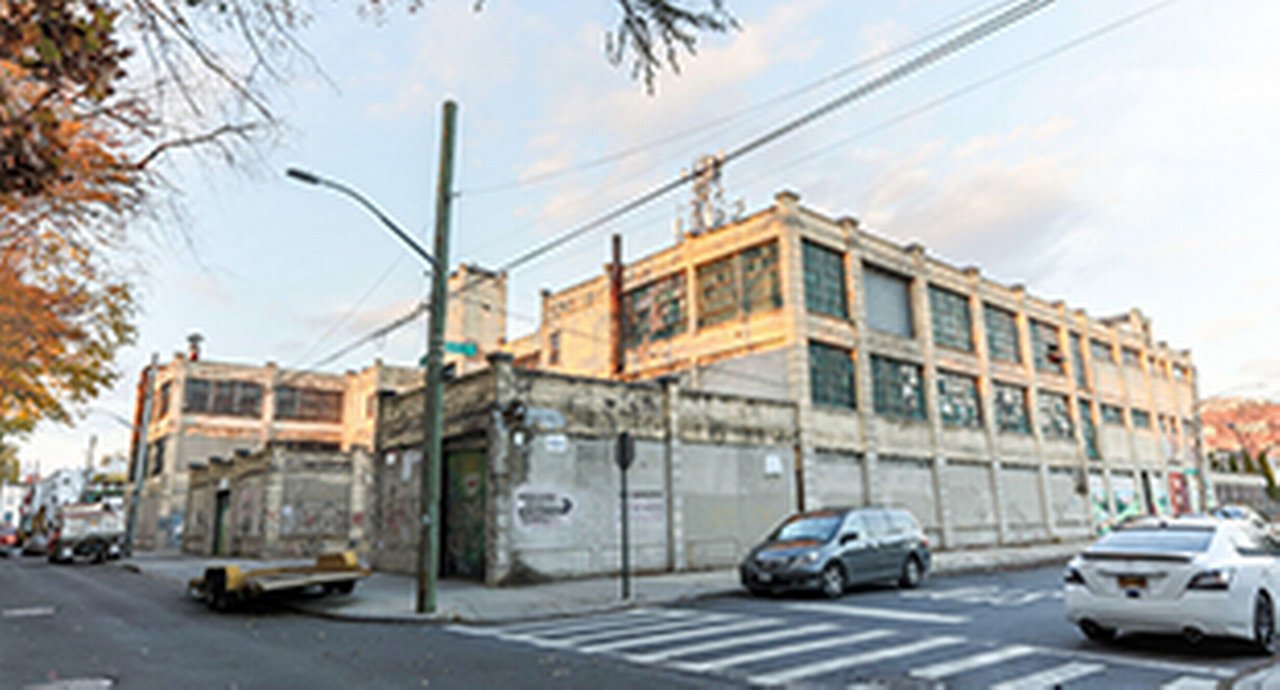5 May 2021
flow’s Clarissa Dann reports on how a series of Deutsche Bank cooking events has helped to foster team togetherness amid the homeworking environment
Twenty-five years ago, organisational behaviourist Charles Handy predicted, “Like it or not, the mixture of economics and technology means that more and more of us will be spending time in virtual space…[and] we will have to get accustomed to working with and managing those we do not see.”
While nobody would have predicted how the Covid-19 pandemic has made homeworking the new normal for most organisations, the issues of trust and touch raised by Handy in his essay Trust and the Virtual Organization (1995) remain. “Trust needs touch”, he said. Not anymore, and nor, it would appear, does engagement. “The pandemic has kicked off new engagement models in companies that have enabled their leaders to be role models rather than hierarchy-driven leaders,” reflects Christoph Woermann, Deutsche Bank Corporate Bank’s Chief Marketing Officer.
Over the past 12 months Woermann, who is one of the bank’s Mental Health First Aiders, has seen more activities supporting mental health and wellbeing than in the past 30 years combined; a testament to a culture that is supporting the destigmatisation of mental health issues in the financial services sector.
This has much to do with the vision and energy of the Corporate Bank’s Global People Strategy Programme Lead, Nasrin Oskui, who notes that “before the pandemic we were all about bringing people together in the same room, and then we had to switch almost overnight to a virtual delivery.” This virtual environment does, she adds, have its advantages. For one, it has made it possible to connect people across the world (Covid-19 prompted the relocation of more than 8,000 Corporate Bank employees to homeworking) and support them through these testing times.
Virtual coffee breaks to share challenges about, for example, homeschooling have helped, along with Zoom-based yoga, development programmes, wellbeing webinars, engagement sessions with the leadership team, and cookery events. All of these initiatives have done much to inspire people and bring them closer together as part of a wider working family. “Senior management support has been vital in all our initiatives, and our leaders have cooked and done exercise classes along with everyone else,” Oskui says.
Cooking, baking, banking
“I love food and would always try and take a cookery class when travelling,” says Andy Ward, who leads the bank’s UK/EMEA People Strategy Programme. Irish chef Darryl Breen, an acquaintance of Ward’s, has switched his Chef’s Compliments catering business over to a virtual structure during the pandemic landscape. Breen, who declares “an ambition to make great food accessible to everyone who cares about cooking in all its forms”, has hosted two virtual events for the bank’s employees and their family members. The first, held in May 2020, attracted 50 attendees, with an aubergine parmigiana forming the centrepiece. Breen was back in October for Halloween, this time engaging young families with ‘scary meatballs’. “The kids all dressed up and stole the show,” recalls Ward.
Fast-forward to Christmas 2020. With festive gatherings of 2019 a distant memory and spirits not quite as up-beat as in previous Yuletides, many families could not meet up over the holiday period. The 10-week television cookery show, The Great British Bake Off (GBBO), had just come to the end of its 11th series. Ward had a brainwave and reached out to Deutsche Bank’s very own GBBO alumnus Selasi Gbormittah, who has worked for the bank in client services for the past six years.
Born in Ghana, he grew up in a household where food preparation was the family nucleus; fuelling a lasting passion. “In Ghanaian households, we would have a nice kitchen inside, but enjoyed cooking outdoors, so people could sit out together, chat and laugh,” recalls Selasi. From an early age he knew he wanted to be a chef. His family moved to the UK when he was a teenager, and although he considered attending a culinary school, in the end he chose an economics and finance course at Nottingham Trent University, later joining Barclays as a graduate trainee in 2009. While at university, he found himself hosting Ghanaian dinner evenings for friends, one of whom was into baking. By 2006, Selasi was regularly watching baking videos, presenting cakes to friends, and baking for fundraisers. Having moved to Deutsche Bank in 2014 (where the fundraising continued), he was encouraged to apply for the GBBO intake.
Life was never quite the same again once he was selected from a pool of 20,000 applicants for series 7 in 2016 and reached the semi-finals. Judges Mary Berry (a leading UK cookbook writer) and Paul Hollywood (a top artisan baker) were hugely inspirational, he recalls. “They gave good feedback. I do well when I get ‘tough love’ and the constructive comments made me perform better. I appreciated the honesty.” The show also taught him a great deal about performance. “It was 10 weeks back to back where you started early in the morning, finished late afternoon and repeated procedures all the time. Some of the skills learned in banking – coping under pressure and working to a deadline – were very transferable.”
After his semi-final appearance he was on a roll, and when the opportunity came up to take a six-month sabbatical from Deutsche Bank to develop his patisserie skills, he jumped at it, enrolling at the Culinary Arts Academy in Switzerland, a period of study that included an immersion course at the Ritz Escoffier School in Paris. “Banking is for everyone who cares about solving customer problems, but we all benefit from an experience of a world outside the industry,” notes Woermann.
On 26 November 2020, Selasi and Ward hosted a virtual ‘Festive Baking with Selasi’ session for Deutsche Bank employees – the recipe being a particularly delicious iteration of the classic mince pie. Navigating in excess of 50 people in very small Zoom windows while conducting demonstrations of how to chill and roll pastry properly was quite a skill; with puns and chit-chat all forming part of the experience. A number of participants said afterwards that they had enjoyed looking into different kitchens and seeing everyone’s families having a good time.
Kitchen community
When Denise Rudolf, Operational Lead for People Strategy in Germany, suggested the idea of a cookbook written by staff for staff, she started an entire movement that now spans joint virtual lunch breaks and dinner-cooking Zoom events. One of these was the ‘Kochevent mit Christoph Woermann: Yaki Udon’, which took place on 9 February 2021 – again with more than 50 sign-ups. While all in German, the processes could be easily understood, and Selasi (along with the flow editorial team) joined in, with Woermann providing helpful translations at tricky points (such as ensuring one’s udon noodles were nicely warmed in hot water before adding them to the stir-fry mix).
Cooking is a great leveller. Graduate trainees and executive committee members sporting kitchen aprons and wielding pots and pans at the same virtual event illustrates how Covid-19 has changed management styles. “It’s less formal and more engaging, with real diversity in place,” reflects Woermann. “We have the right people at the right time in the right places,” agrees Selasi.
You might be interested in
MACRO AND MARKETS {icon-book}
Matters of the mind Matters of the mind
Covid-19 has inflicted the greatest change upon the global population since World War II and highlighted the importance of wellbeing. Michael Morley tells flow how an informed approach to employee wellness could play a meaningful role in a sustainable recovery
TECHNOLOGY {icon-book}
Data-driven planning Data-driven planning
The use of data to contain the spread of the coronavirus has been well-documented. But it can also highlight disparate Covid-19 impacts and influence better planning decisions for recovery, as ANHD’s Barika Williams tells flow
Trade finance, Technology {icon-book}
Data as a building block for digital trade finance Data as a building block for digital trade finance
How can the trade finance industry create a digital ecosystem? Pamela Mar, Managing Director, Digital Standards Initiative, International Chamber of Commerce (ICC) explores how bridging trade and financial flows could be the key



